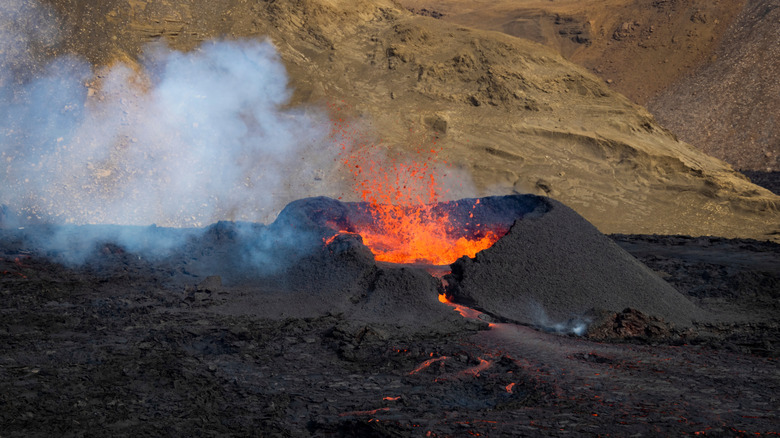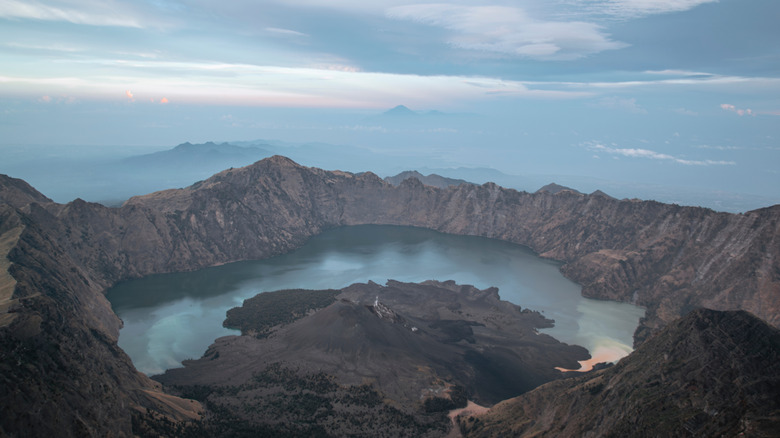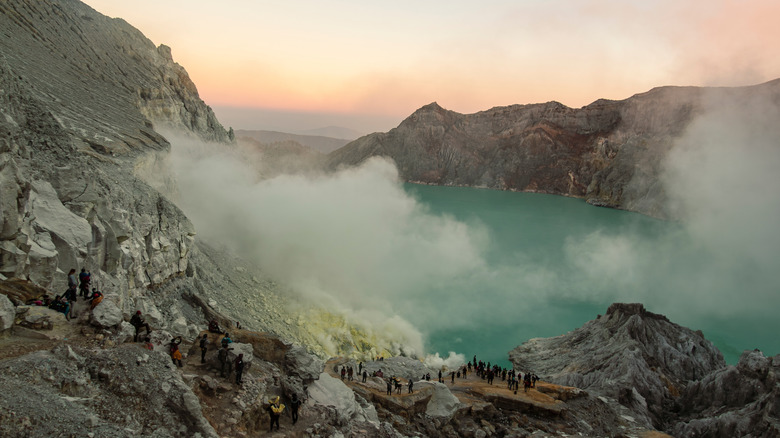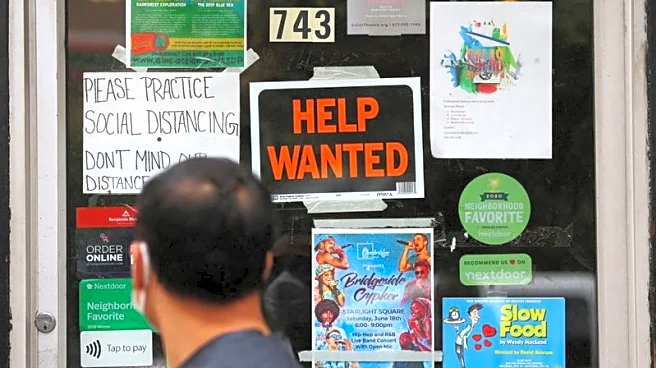
On August 24, A.D. 79, the residents of Pompeii encountered a horrifying sight: a behemoth pillar of smoke, ash, and volcanic material rising 10 miles from the summit of Mount Vesuvius, which had lain
dormant for centuries. The inhabitants have been well accustomed to earthquakes, but they've never seen an eruption before. Pompeiians may have privately wondered how they managed to incur the wrath of the gods so acutely. In this tragic event, about 2,000 people died in the city alone. The wave of pumice, mud, and ash, along with a cloud of toxic gases, took 15 minutes to wipe out Pompeii, which remained buried until 1748.
Volcanoes have long fascinated humans from a geological, historical, and even spiritual perspective. Over 4 million tourists visited Pompeii and Mount Vesuvius in one single summer (afterwards, caps were introduced). And, during the 2021 eruption of Fagradalsfjall in Iceland, more than 4,000 people ascended to the site daily. The rise in related tourism is only increasing, with millions of tourists flocking to active volcanoes globally. But the travel industry has quickly risen to the challenge of satiating these lava-hungry explorers, offering activities ranging from the pleasant to the truly insane.
You can go volcano boarding on Cerro Negro in Nicaragua, a tropical Latin country with seven active volcanoes. You can mountain-bike down the high-altitude Cotopaxi in Ecuador, a less-visited Andean country boasting the majestic "Avenue of the Volcanoes." And, if you saw "Free Solo" and thought it was a little too tame, you can also rappel into Marum in Vanuatu, where you'll hover 165 feet above a bubbling lava lake. But is it really safe to visit an ancient and unpredictable lava-spewing monstrosity that scientists still don't fully understand? The answer (with some important caveats) is generally: yes.
Read more: 12 Destinations And Attractions That Should Absolutely Be Considered Wonders Of The World
Dangers To Be Aware Of Before You Visit A Volcano

It's essential to remember that volcanic eruptions are natural disasters and to reflect on the havoc they have caused in communities worldwide — your fun adventure might be someone else's tragedy. The deadliest known eruption was Mount Tambora in Indonesia in 1815. It took the lives of 92,000 people, most of whom died of starvation. Thankfully, we haven't seen death tolls like this in recent years, due to improved safety measures and scientists' better (though still incomplete) understanding of volcanoes. Although modern technology enables volcanologists to predict eruptions with remarkable accuracy, there's still room for error.
Lava flows aren't the primary cause of death in eruptions, as some might assume. Falling ash, toxic gas emissions, mudflows, and landslides can also be life-threatening. These risks — particularly exposure to poisonous gases — are often present much further away than people expect. There are also certain events, called hydrothermal eruptions, which eject superheated steam in violent explosions strong enough to break solid rock. They are incredibly challenging to predict and can occur with little warning, as was the case on Whakaari in New Zealand — the 2019 disaster that claimed the lives of 22 people.
Other risks may seem banal, but can still have severe consequences. In April of 2024, a tourist fell to her death at the summit of Kawah Ijen, Indonesia's "Gates of Hell" volcano on the island of Java, while taking a photograph too close to the crater's edge. Hiking up a volcano usually isn't a walk in the park, with steep inclines, uneven ground, high-speed gusts, vertical drops, and slippery rocks. If you're not accustomed to this kind of trek and are inadequately prepared, you can seriously injure yourself — or worse.
How To Be Safe And Respectful While Exploring A Volcano

There are several things tourists need to know before hiking up active volcanoes or engaging in other activities in their vicinity. First, check the country's government or tourism board website for up-to-date safety information. An excellent resource for those interested in volcano tourism is the Global Volcanism Program's website, where you can track both current and historical eruptions.
When choosing an activity, it's essential to research the specific operator or company thoroughly before booking. Check their website or social media accounts, along with online reviews, and, if possible, look into their safety record. Just because someone is willing to whisk you up a volcano for a few bucks doesn't mean that they are experienced and professional enough to do so safely. Once you've selected the tour outfit and are on your adventure, ensure that you're listening to and following the guides' instructions. They are usually local and have likely visited this site dozens of times before — they're certainly more knowledgeable than you are on its dangers. If they're preventing you from doing something, there's likely a good reason behind it.
Along with being aware of the physical dangers, you should also ensure that you're not disrespecting places of cultural importance. Volcanoes are revered in many societies. For example, Chile's famous Villarrica is known as Rucapillán in the Mapuche language, which translates to "great spirit's house." For Indigenous Hawaiians, volcanoes are considered living beings akin to Earth's mother, while eruptions are seen as the planet's rebirth. When visiting these spiritual places, be mindful of your behavior and actions. Don't take photos or videos of locals praying or engaging in religious practices, and refrain from removing anything around the area except your own garbage.
Ready to discover more hidden gems and expert travel tips? Subscribe to our free newsletter for access to the world's best-kept travel secrets.
Read the original article on Islands.













